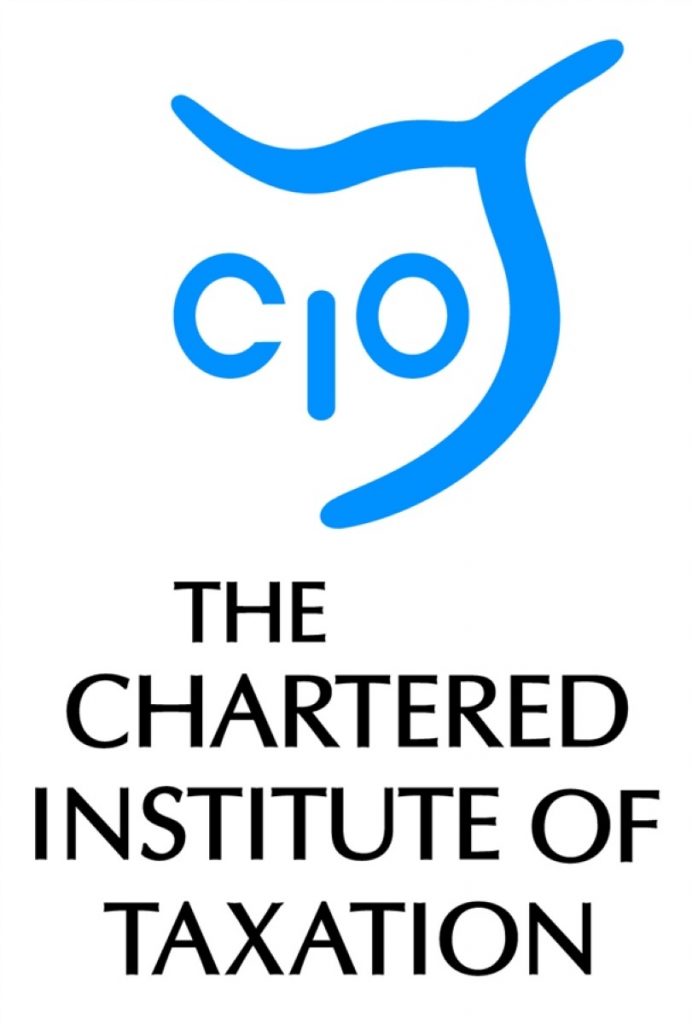CIOT: NAO report backs up tax advisers’ concerns on online filing
The Chartered Institute of Taxation (CIOT) has welcomed today’s National Audit Office (NAO) report on the expansion of online filing of tax returns. While recognising some key achievements of the online filing service, the NAO report highlights some key concerns which accord with CIOT representations to the Government in two recent consultations3.
Anthony Thomas, President of the CIOT, said:
“We are pleased to see that the NAO has picked up some of the concerns around HMRC needing to obtain a better understanding of the costs and benefits of online filing for not only themselves but also taxpayers and their agents.”
In particular, the NAO acknowledges that HMRC has not assessed the cost to customers of filing using iXBRL2, nor whether HMRC’s online filing systems provide good value for money. Most iXBRL software does not automatically tag the required company accounts data, and there have been high failure rates when returns are first submitted, resulting in increased preparation time and burdens for business.
The NAO have also highlighted CIOT concerns about the timing and impact of system changes on taxpayers’ ability to file online, which this year led to the unfortunate closure of the VAT online system just before the April deadline and delays in iXBRL systems upgrades.
Anthony Thomas added:
“We support the NAO’s recommendation that HMRC need to apply their iXBRL ‘reasonable effort’ policy (the ‘soft landing’1) fairly and consistently. The report also highlighted the view, long held by the CIOT, that iXBRL tagging involves business in extra costs for little direct benefit and that a significantly lower level of tagging, would also reduce customers’ preparation costs, yet might have little impact on HMRC’s risk assessment. In the CIOT’s recent response3 on the ‘Digital by Default’ consultation, we urged HMRC to extend the soft landing and minimum tagging until at least 2015.”
”HMRC need to ensure systems are properly developed and trialled before they are introduced for general use. Systems such as RegWiz – to be used for registering new businesses and new employers – need to be tailored for tax agents as well as unrepresented taxpayers.
“For many tax agents the online VAT and business registration system is not appropriate in its proposed form. It needs to be drastically improved before most agents will be happy to use it. For agents it is a cumbersome system which acts as a barrier. We have suggested to HMRC that a ‘cut-down’ version aimed at agents is made available.”
The CIOT, in their ‘Digital by Default’ response, accuse HMRC of going further than Cabinet Office’s guidelines by trying to force people to file online. The guidelines were summed up in a ministerial statement that ‘every single Government service must be available to everyone – no matter if they are online or not.’4 Yet businesses are being compelled by HMRC to submit VAT returns electronically.
Notes to Editors
1. HMRC introduced a ‘soft landing’ so that it will not penalise those who make a reasonable attempt to file their accounts in iXBRL but fail in some aspect of the tagging.
2. iXBRL (in-line Extensible Business Reporting Language) is the format in which HMRC requires corporation tax computations and accounts for accounting periods ending after 31 March 2010 and filed after 31 March 2011.
3. The CIOT’s response to two recent consultations in this area are available online at:
Digital by default
VAT: consultation on the next steps for moving VAT online
4. On 23 November 2010 the Minister for the Cabinet Office, Francis Maude, made a statement on ‘Digital by Default’, in which he said that:
“This does not mean we will abandon groups that are less likely to access the internet: we recognise that we cannot leave anyone behind. Every single Government service must be available to everyone – no matter if they are online or not.”
5. The Chartered Institute of Taxation (CIOT) is a charity and the leading professional body in the United Kingdom concerned solely with taxation. The CIOT’s primary purpose is to promote education and study of the administration and practice of taxation. One of the key aims is to achieve a better, more efficient, tax system for all affected by it – taxpayers, advisers and the authorities.
The CIOT’s comments and recommendations on tax issues are made solely in order to achieve its primary purpose: it is politically neutral in its work. The CIOT will seek to draw on its members’ experience in private practice, government, commerce and industry and academia to argue and explain how public policy objectives (to the extent that these are clearly stated or can be discerned) can most effectively be achieved.
The CIOT’s 15,600 members have the practising title of ‘Chartered Tax Adviser’ and the designatory letters ‘CTA’.
George Crozier
External Relations Manager
D: +44 (0)20 7340 0569
M: +44 (0)7740 477374
The Chartered Institute of Taxation
Registered charity number 1037771
www.tax.org.uk
The Association of Taxation Technicians
Registered charity number 803480
Registered company number 2418331
VAT Registration Number 497 5390 90
www.att.org.uk





-01.png)